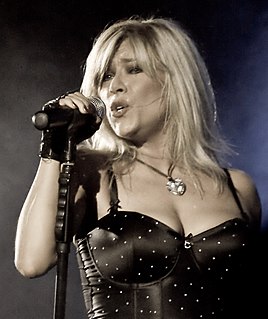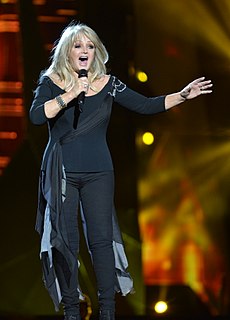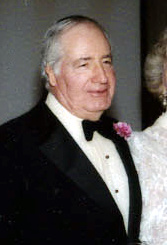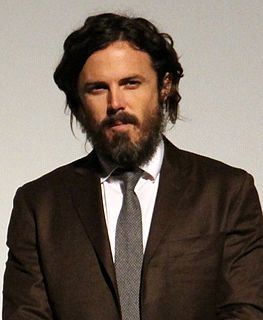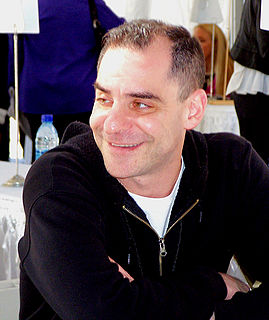A Quote by Samantha Fox
I still consider myself a working-class girl and would send my kids to public school.
Related Quotes
I suppose I don't have to work, but I do love working. I class myself as a working-class girl, and I've never stopped working. When I'm offered shows here, there and the other, I do an awful lot because I feel other people would love to be offered what I'm offered; who am I to say no? I'm definitely working class, and I always will be.
The economy has definitely been improving, and things like the stock market are doing better, but the economy has to be good for working-class and middle-class families who work every day, send their kids to a school like is in front of my house, and they have to be able to enjoy their lives. That's why you don't pass a trade agreement that ships even more jobs overseas.
I had a public school education - 3,000 kids when I was there. And there were a lot of teachers who would just sit there. You'd come in and sign your name and the teacher would just sit there at the head of the class and you would literally just have to stay in your seat for 40 minutes and that was the only thing you'd have to do in class.
The public schools in our neighborhood were so bad that the teachers in the school said you shouldn't send your kids here. My mother called around and found a school that was willing to give both me and my brother scholarship money. It's a classic story about black parents wanting more for their kids than they had for themselves.
All parents want to send their children to the best possible schools. But because a good school is a relative concept, a family cannot achieve its goal unless it outbids similar families for a house in a neighborhood served by such a school. Failure to do so often means having to send your kids to a school with metal detectors at the front entrance and students who score in the 20th percentile in reading and math. Most families will do everything possible to avoid having to send their kids to a school like that. But because of the logic of musical chairs, they're inevitably frustrated.
